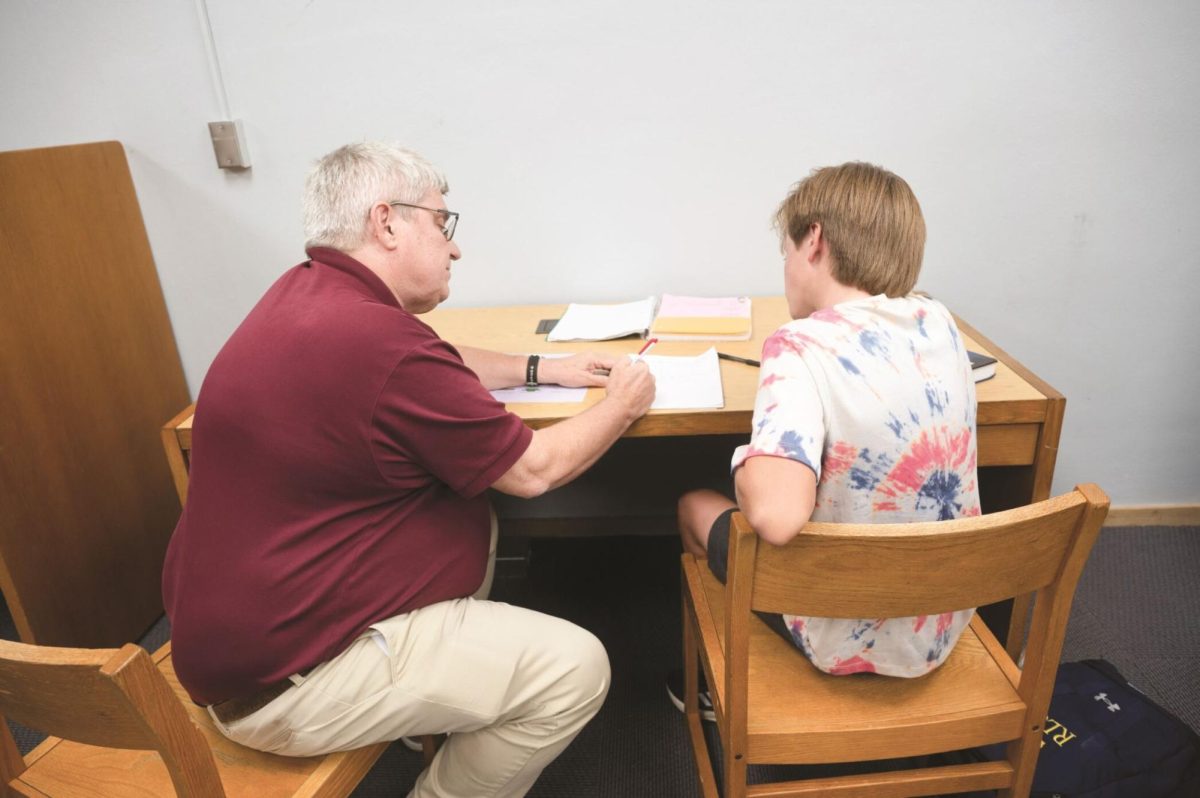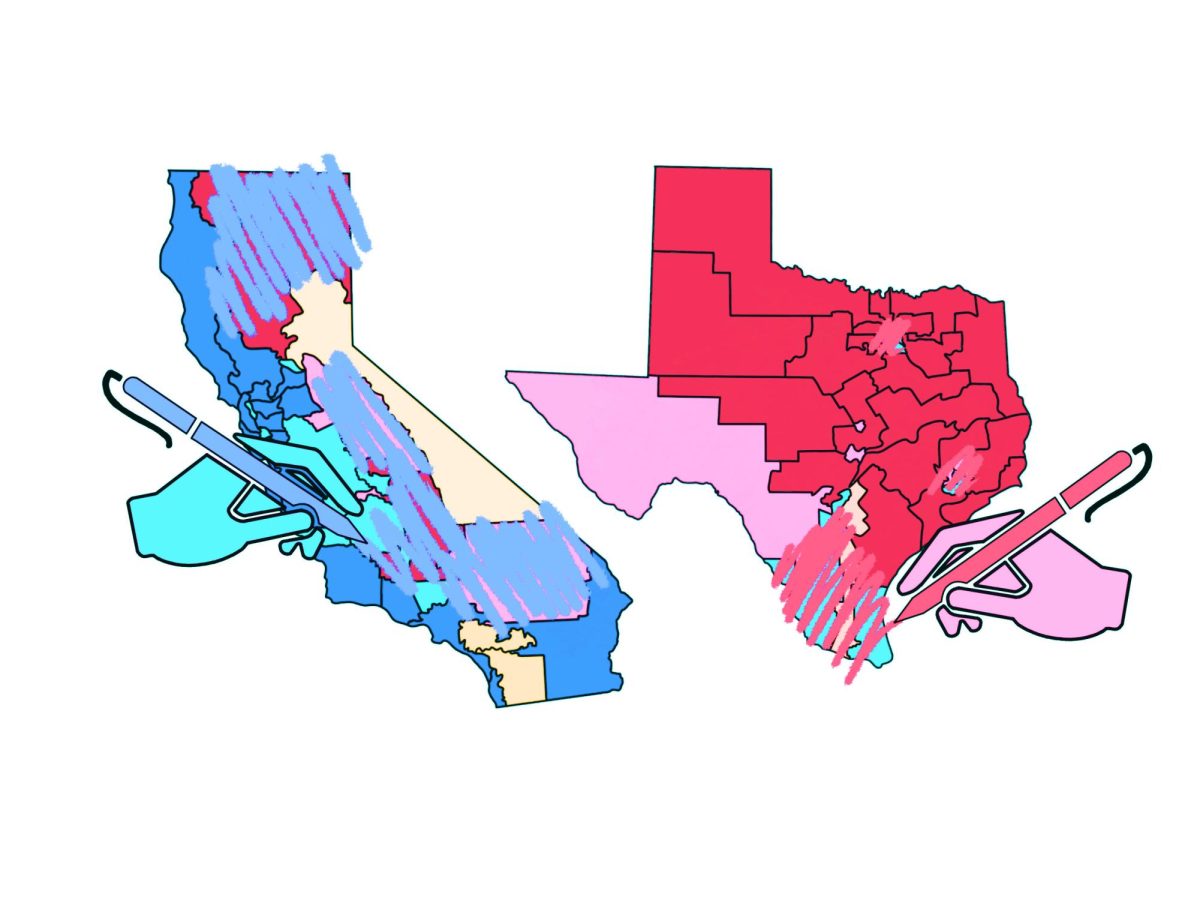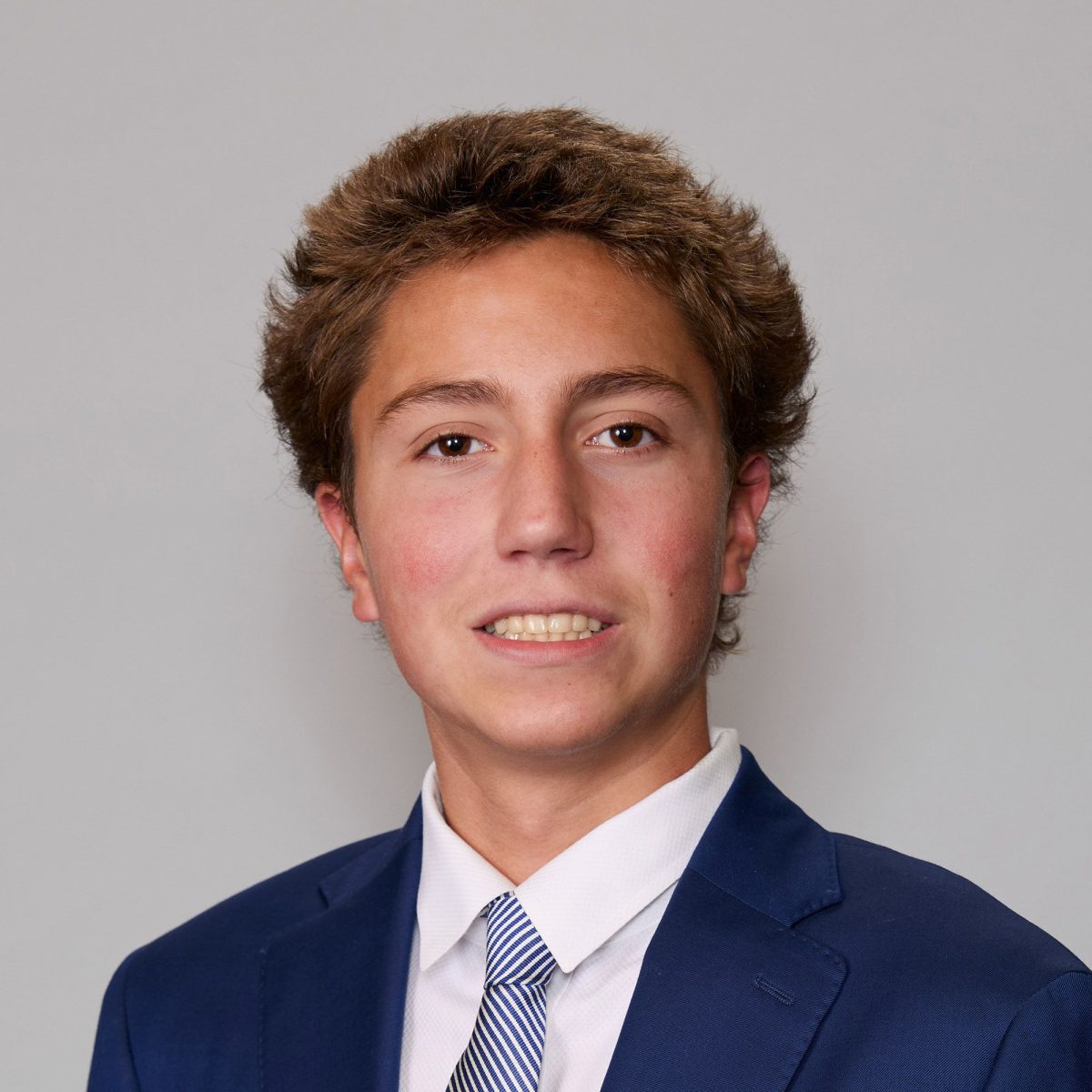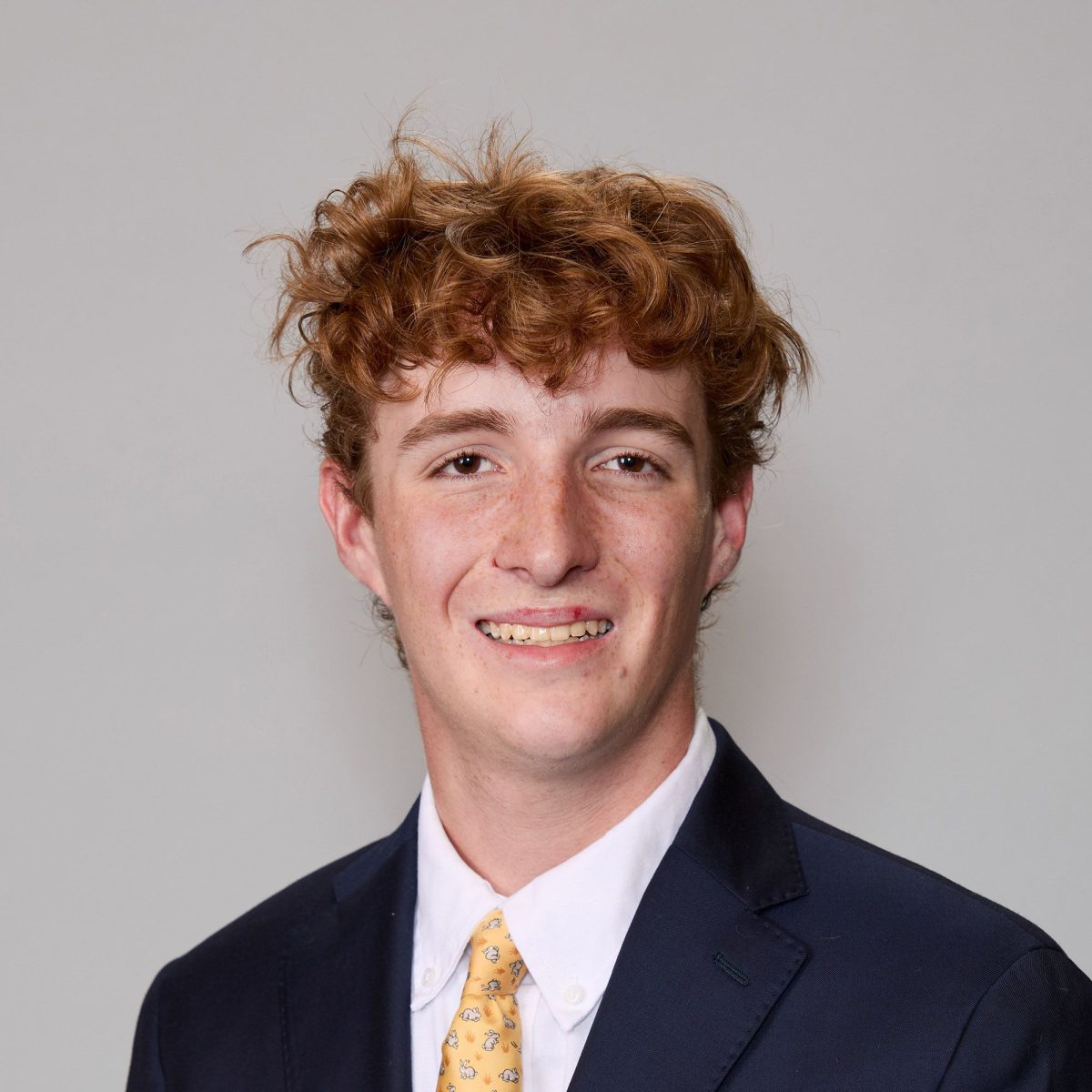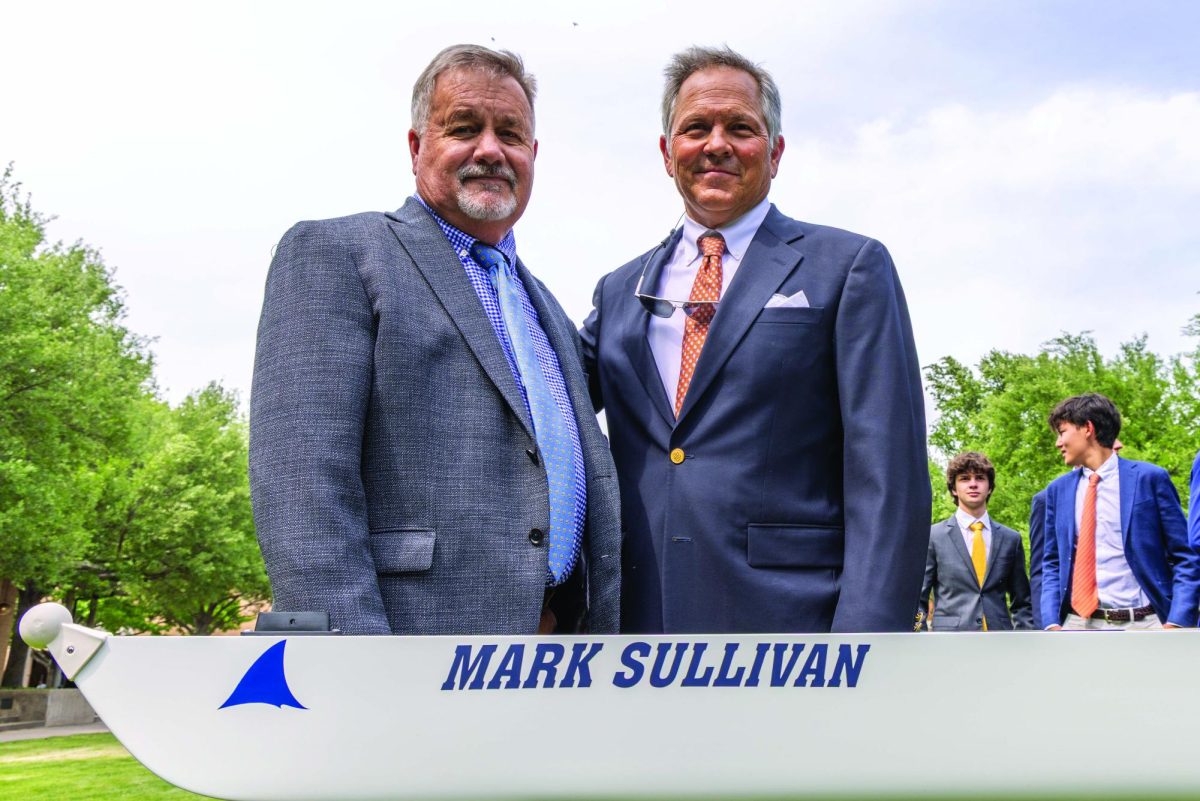A $150 calcuator. A $60 registration fee for every attempt. $200 for a basic HP computer to take the SAT online.
In a world where scores from standardized tests like the SAT or ACT are one of the few common metrics college admissions officers can use to distinguish student applications, one key score disparity stands out — a student’s economic background.
The numbers agree. Based on a study published in Forbes, students with a family income of at least $100,000 are more than twice as likely to score in the top five percent of test-takers than students with a family income under $50,000. According to the Wharton Budget Model, lower test scores correlate with lower socioeconomic backgrounds.
Across the country, students living in low-income communities face testing challenges that others do not. And when those students are compared to students who have access to a myriad of educational resources, such disparities in education call into question the validity of the two most popular standardized tests: the SAT and ACT.
After his freshman year, junior Deven Pietrzak decided to take a shot at the ACT. And with the help of a tutor, he achieved a 36 on the test, the highest score possible.
“I was happy, of course, but I wondered if my success was attributable to the tutoring I received and if I would have gotten the same score if I didn’t have access to resources I had and a high-level education at St. Mark’s,” Pietrzak said.
Motivated by his own ACT experience, Pietrzak reached out to his former tutor, Mark Hastings, and asked him if he would be willing to team up to offer free tutoring to those lacking resources. Hastings agreed.
Soon, Pietrzak established a nonprofit, Aspire to Elevate, and began working with KIPP, the largest network of public charter schools in the U.S. with over 280 schools in low-income communities.
When they started in February of this year, he and Hastings tutored six juniors and seniors online at KIPP Oak Cliff Academy with the goal of improving their ACT scores.
They saw immediate results.
After just four 60-minute sessions over two weeks before the upcoming ACT, the students’ scores increased by three-and-a-half points.
“By the end of the sessions, the students actually skipped lunch so that they could have longer sessions with us and learn more for the test prep because they enjoyed it,” Pietrzak said.
After just 15 more sessions, the students’ scores had risen by a total of 6 points. Additionally, one of Pietrzak’s students broke the school record for the highest ACT score with a score of 31.
Pietrzak believes that their success was driven by focusing on the tips and tricks of the ACT rather than focusing on concepts taught in school.
“Learning math in school will help you some on the math section and learning grammar in school will help you some on the grammar section, but at the same time, there’s a very different approach you can take to the ACT,” Pietrzak said. “The tutor I work with, Mark, has said, ‘Look, we’re not going to make you any smarter, but we’re going to improve your score a lot.’”
Junior Owen Ackerman, who currently uses an ACT tutor, sides with Pietrzak, though he still recognizes the value of learning the material on the ACT.
“St. Mark’s has prepared me a lot in terms of knowledge and through all the practice I’ve done by doing a bunch of work at St. Mark’s,” junior Owen Ackerman said. “So that’s helped me way more than my tutor could ever help me. But in the same way, St. Mark’s didn’t prepare me for the tips and tricks that my tutor teaches me.”
Unlike Ackerman’s tutor, SAT and ACT tutor and CEO of Launchpad Education Jennifer Cohen believes in focusing on the curriculum covered on the test rather than tricks.
“Content comes first,” Cohen said. “If you don’t know your facts, strategies are much less effective. And if you know your facts, strategies aren’t always necessary.”
Because of her curriculum-centered tutoring style, Cohen thinks tutoring isn’t a must-have resource for people to score well on the SAT or ACT.
“If you come to me and say you know what, I really can’t pay you, but I want to work with you and I want to do the work and everything, I will gladly see you for free,” Cohen said. “I want to work with kids like that. That’s when you feel like you’re really making a difference. And I bet most tutors would say the same thing.”
In fact, Cohen considers herself to be more of a shortcut for scoring well on the standardized tests rather than an essential part of the process.
“In theory, if you have taken your schooling seriously, done the work that your teachers have asked you to, and retained the information you have learned in the past, you shouldn’t need someone like me,” Cohen said.
Cohen believes that while it is very possible to do well on the SAT or ACT without tutoring, tutoring can streamline the process.
“As someone who can identify what needs to change, for families that can pay for a tutor like me, it allows their students to benefit quickly and efficiently,” Cohen said. “If you’re studying on your own, and you’re not very disciplined about it, then you don’t make the same progress. So having resources absolutely can make this process easier, but it’s also not a necessity.”
Having witnessed how a lack of resources can affect academics firsthand through his tutoring sessions, junior Deven Pietrzak believes that standardized testing isn’t an equitable way to measure student achievement.
He has come to the conclusion that just because a student gets a lower score on a standardized test because of their background, it doesn’t make them any less smart than others who achieve higher scores.
“I remember that in only our second session, we went through some practice problems with the students,” Pietrzak said. “After we taught a certain topic, they were getting answers before I was, and I had got a 36 on the ACT. The students are very smart, and they’re very talented.”
While the success of Pietrzak’s tutoring reveals the academic capabilities of students at KIPP, financial limitations at such schools prevail. For starters, KIPP Oak Cliff Academy only provides the funding for the Class of 2024 to take the ACT a total of three times given the $93 registration fee.
But the financial problem got worse when KIPP Oak Cliff Academy was forced to cut almost the entirety of its test prep budget for the year.
“They no longer had the resources to afford test prep, so we were then their only option,” Pietrzak said.
Due to this ever-growing problem, Pietrzak went from teaching six students to 60 this year. But for him, the increase of students reaching out for these resources can be seen as a testament to their work ethic and educational commitment.
Looking ahead, Pietrzak hopes he can expand his reach, continuing to help students improve their test scores.
“Over the year, the number of students adds up to well over 200 people from their senior class and two junior classes as we continue,” Pietrzak said. “These sessions are going very well, and we’re excited for the students to take the October ACT. In the end, our ultimate goal is to reach as many students as possible and give them equitable access to tutoring and strategies on taking the ACT.”


